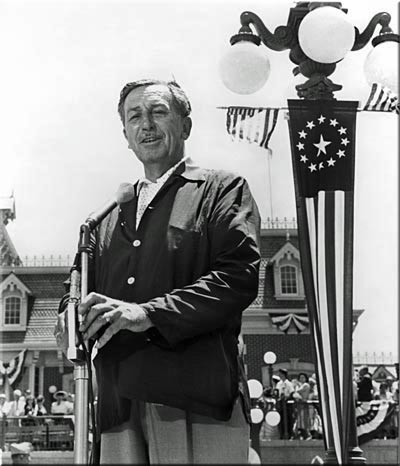I'm home and the
Emmys are on. Might as well blog it while I watch. But this post won't go up till just after midnight, so it's not quite live-blogging.
It's starting with host Jimmy Kimmel doing a parody of the O.J. Simpson White Bronco chase...now it's about
Modern Family...you know what? I'm not going to discuss this stuff. Let's just assume there'll be a ton of Donald Trump jokes (wonder what's the over/under?) and concentrate on the gigantic number of awards--that's more than enough.
Supporting actor in a comedy series. I'd hate to see Louie Anderson win for his stunt casting. Most of the rest (including only one
Modern Family performer) are pretty good. The winner is Louie Anderson. Oh well, no one ever accused to TV Academy of great discernment. Maybe I should stop watching right now if it's going to be like this all night.
A commercial featuring Ty Burrell, who just lost.
Comedy series writing, a big category (as far as I'm concerned). Some of the stuff I don't know (who has time to watch all that TV?). I guess I'm rooting for
Silicon Valley, which has two nominations.
Veep has two as well. No network shows nominated. Aziz Ansari and Alan Yang win for
Master Of None, which I haven't seen. Could it be because Aziz is an actor and has plenty of friends? (Actors know more people than writers.) Yang makes a political statement, which makes me want to watch his show less. (Actually, it wasn't too bad--I'm sure we'll get much worse as the evening wears on.)
Supporting actress in a comedy. Love to see Kate McKinnon win, even though it's hard to compare sketch comedy with sitcoms. The winner is Kate! Excellent. Her Hillary Clinton is the biggest political bulls-eye on
SNL since Tina Fey did Sarah Palin. Kate is so moved she can hardly speak. I wonder if this will cause trouble with the ensemble when the show returns.
Peter Scolari (who already won an Emmy last week) presents the comedy directing award. Three
Veep nominations. That will split the vote. Jill Soloway wins for
Transparent. She won in this category last year. She believes she's changed the world. I don't know--it's just a TV show. And it's on Amazon, so I haven't seen it. She says she wants to "topple the patriarchy."
Keegan-Michael Key (who already lost in the supporting category) presents for lead actress in a comedy. I'd like to see Ellie Kemper get it, though Julia Louis-Dreyfus keeps winning these things (one to a customer I say). Louis-Dreyfus wins for the fifth time in a row, showing the Dreyfus fund doesn't believe in sharing the wealth. It's hard to feel bad about it since she does a very good job. In accepting, she makes a political statement, but it makes sense based on her show, and is a decent joke.
Out comes Jeffrey Tambor (who will probably win an Emmy tonight) for a tribute to the great Garry Shandling. Hey now!
Commercial, then a Bill Cosby joke that bewilders everyone.
Now it's time for lead actor in a comedy. Like to see Thomas Middleditch win, but I don't think the Academy believes he's showing enough range. So Jeffrey Tambor, as expected, wins. I guess there was no way to avoid Tambor doing the Shandling tribute followed by this. A heartfelt acceptance speech until the end when he insists on making it political--Jeffrey, you won for your acting ability. (He says it'll be okay if he's the last non-transgender to portray a transgender. Not good enough--quit your job and give up all the money you made if you truly care.)
The first hour is almost over, and we leave comedy. It's time for outstanding reality show. Maybe I should go get dinner.
The Voice wins, by the way.
Writing in limited series.
Fargo deserves to win. You've got two nominations for it, one for
The Night Manager, and three for the O. J. Simpson thing.
O.J. wins. Sounds like it might not be a good night for
Fargo.
Supporting actress for limited series. Would like to see Olivia Colman for
The Night Manager. The winner is Regina King for
American Crime. Second consecutive win for her. I've never seen the show.
Directing for limited series. Hard to care. Three nominations for
O.J. Maybe they split the vote, since a director for
The Night Manager (featuring Tom Hiddleston, who presented the award) wins.
Supporting actor in limited series. Some good choices. I'd like to see Bokeem Woodbine from
Fargo.
Fargo has two nominees.
O.J. has three.
Night Manager has one (Hugh Laurie, who never seems to win).
O.J. wins again--Sterling K. Brown as Christopher Darden.
Lead actress in limited series. Some big names. Sarah Paulson for
O.J. wins--looks like Simpson's got his revenge. And, once again, nothing for
Fargo.
Lead actor, limited series. More big names.
O.J. has two nominees, Courtney B. Vance and Cuba Gooding, Jr. Vance wins (over Emmy perennial Bryan Cranston--the voters prefer
O.J. over
LBJ). I bet Cuba's thinking who cares, I won an Oscar. Vance gives a fine speech until the last second when he yells "Obama out, Hillary in." Why do these actors think we care?
Best special. Would be great if Bill Murray's shaggy dog Christmas show won, but a
Sherlock one-off does.
Best limited series. Though
Fargo should win, can there be any question? (Hey,
Roots is nominated. I forgot all about that show.)
O.J. wins.
The Emmys are more than halfway over (allegedly) and it's time for the variety awards.
Aziz Ansari, who was cut off accepting his award, finishes his speech. He makes an anti-Trump joke. Where oh where would we be without celebrities to show us the way? Now he gives the writer award for a variety comedy special. The winner is Patton Oswalt--a real surprise. But he's a nice guy, so no one can complain except the losers. Actually, they shouldn't begrudge it to him since he lost his wife this year. (Still would have been fun to see Triumph the Insult Dog win.)
Trouble with the broadcast. Is it everywhere, or just Time Warner Cable? Can't say it would be a loss if my TV were out for the next ninety minutes. (I'm watching live. The entire show will be re-broadcast during prime time out here, but there's no way I'll sit through this again.)
Okay, it's back. Looks like Kit Harington and Andy Samberg presenting best variety show. Among others there are the three late-night Jimmys, but some mainstays missing (no Colbert, no
Daily Show, among others). Seinfeld's
Comedians In Cars thing is a weird choice for this category, but the rest I get. John Oliver wins. Why not? There's no
Daily Show to vote for, so give it to the next best thing (and Oliver is pretty good). He thanks a bunch of people and walks off--he gets to talk politics each week, why waste it here? Jimmy Kimmel comes out and complains, and his nemesis Matt Damon appears and mocks him. (A decent bit, and also reminds us of the difference between TV glamor and movie glamor.)
Award for variety director. Presenter Laverne Cox comes out and seconds Jeffrey Tambor's statement about employing transgender actors. Like Cox. Must be great when justice and selfishness line up. Winner is the two guys who did
Grease Live.
Best variety sketch series.
SNL is in there, of course, and a bunch of other decent titles.
Key And Peele wins. I don't watch their show regularly, but what I've seen is pretty good. Key thanks home town Detroit. We Detroiters are always happy to hear a shout-out.
Now we're finally in drama. Best writing. Some good choices, including
Mr. Robot and
Game Of Thrones. Benioff and Weiss win for
Game Of Thrones, suggesting it'll be a
GOT night.
Supporting actress in drama. Will Maggie Smith, who never shows up, win again? Three nominees from
Game Of Thrones. The winner is Dame Maggie. Excellent. She's won Tonys and Oscars, so she doesn't need this shindig.
Now directing in drama. Gotta be
GOT, but it has two nominations so may split the vote. But, sure enough,
GOT, and equally sure enough, for "Battle Of The Bastards."
Supporting actor in a drama. Love to see Jonathan Banks finally win one of these. Two choices from
Game Of Thrones. Jon Voight is listed too, though he's one of those guys who wins Oscars, not Emmys. And the winner is Ben Mendelsohn for
Bloodline? Who? What's that show again?
Henry Winkler comes out to pay tribute to Garry Marshall. It's been a tough year on great TV Garrys. Now comes the memorial section. I get why they do this, though I wonder if people watch it 1) to see how many they recognize and 2) decide if each one is important enough to be included.
Lead actor in drama. It'd be cool if Rami Malek's spooky performance in
Mr. Robot won. (Kevin Spacey is nominated--another guy with Oscars who can't win Emmys.) Hey, Rami wins. Hooray. He's funny and gives a heartfelt speech. I check his profile on the IMDb and ten seconds after he's won, he's listed as having won. I guess there are people whose job it is to update as quickly as possible.
Lead actress in a drama. Be nice if Tatiana Maslany in
Orphan Black won, and amazingly, she does, after losing for the role last year and not even being nominated before that. Have the Emmys decided to make sense? Now everyone gets to hear what she sounds like without an accent--and it's American (well, North American). I go to the IMDb faster this time and her win is not up yet. I refresh and now it's there. That was exciting.
Nothing left but the big awards.
Best comedy series. Pretty sure five-time winner
Modern Family's days are over. But will
Veep win again, or
Silicon Valley, as I hope, or something else? The winner is
Veep. No surprise, and it's a good show, so I can't complain.
Best drama. Anything but
Game Of Thrones would be a shock. And
GOT wins, second year in a row. (The two weakest years of the show are the two winning years. Took a while for the Academy to catch up.)
GOT is now the winningest scripted show in Emmy history--though many of the awards are technical.
And we're done, right on time. Did ABC threaten the producers saying Don't mess around--who do you think you are, the Oscars?
Jimmy Kimmel comes out and says "
hit 'em with the Hein."
Some pleasant surprises, especially near the end, so all the annoying choices (and shows like
Silicon Valley and
Fargo getting skunked) can be forgiven.
If you want to see a list of winners and nominees, they're all over the internet, including
here.


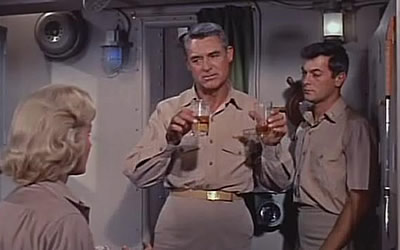





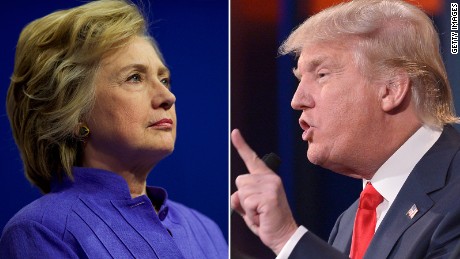



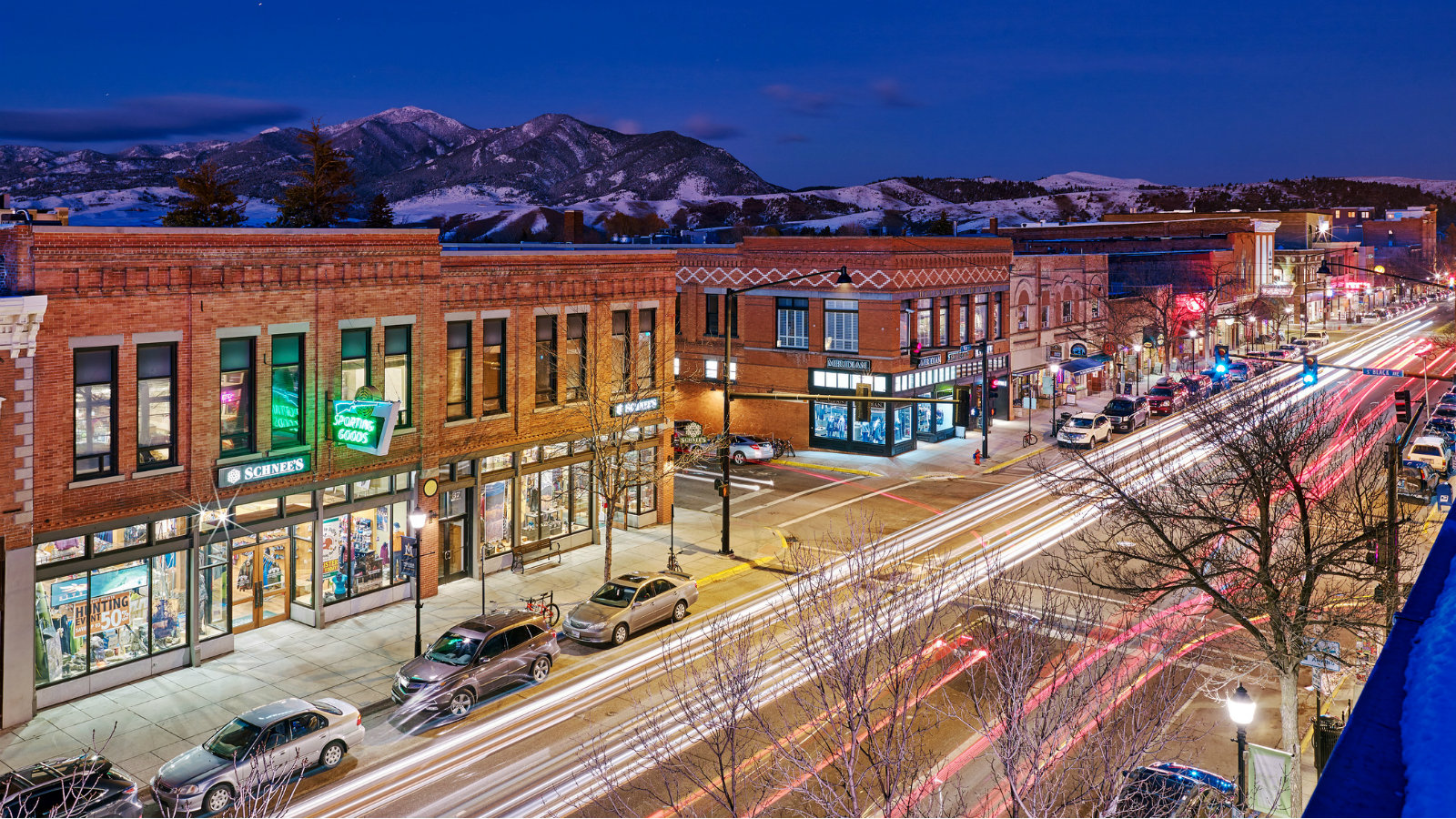













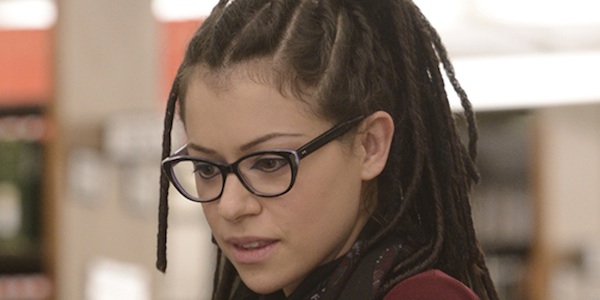






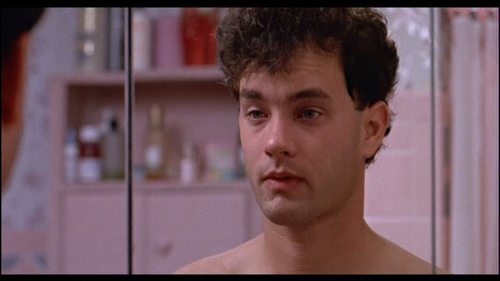

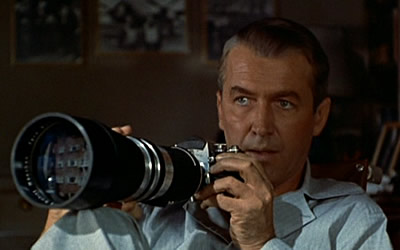


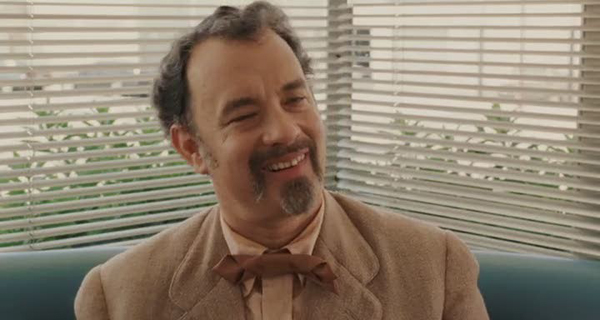

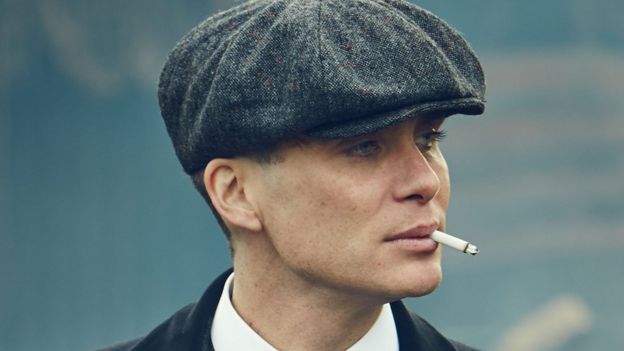
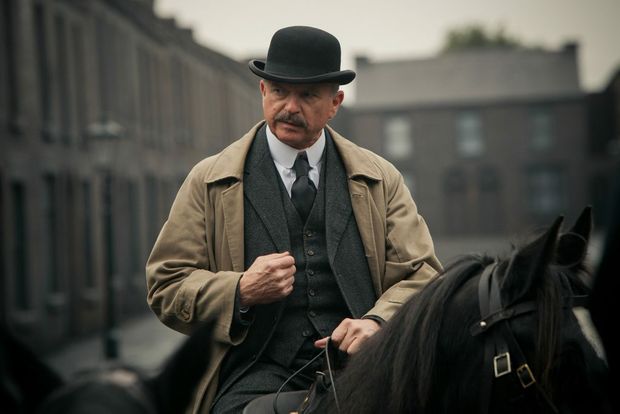
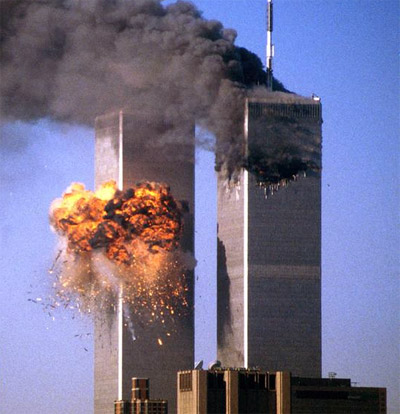
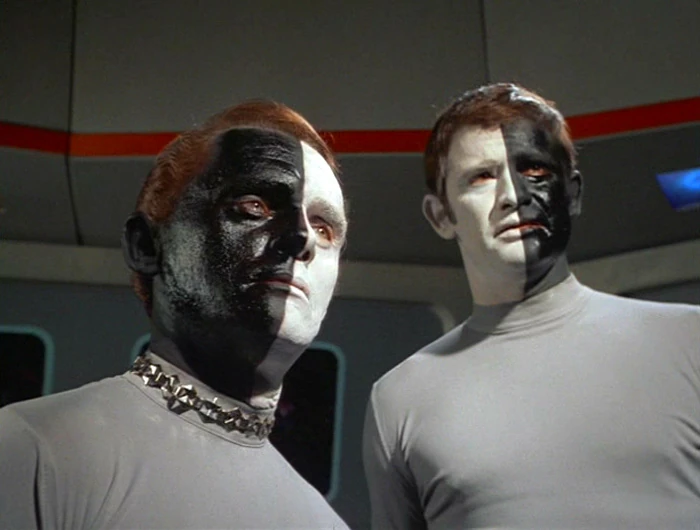
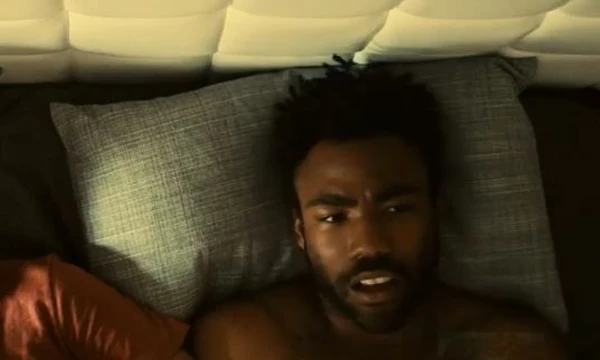

.jpg)

